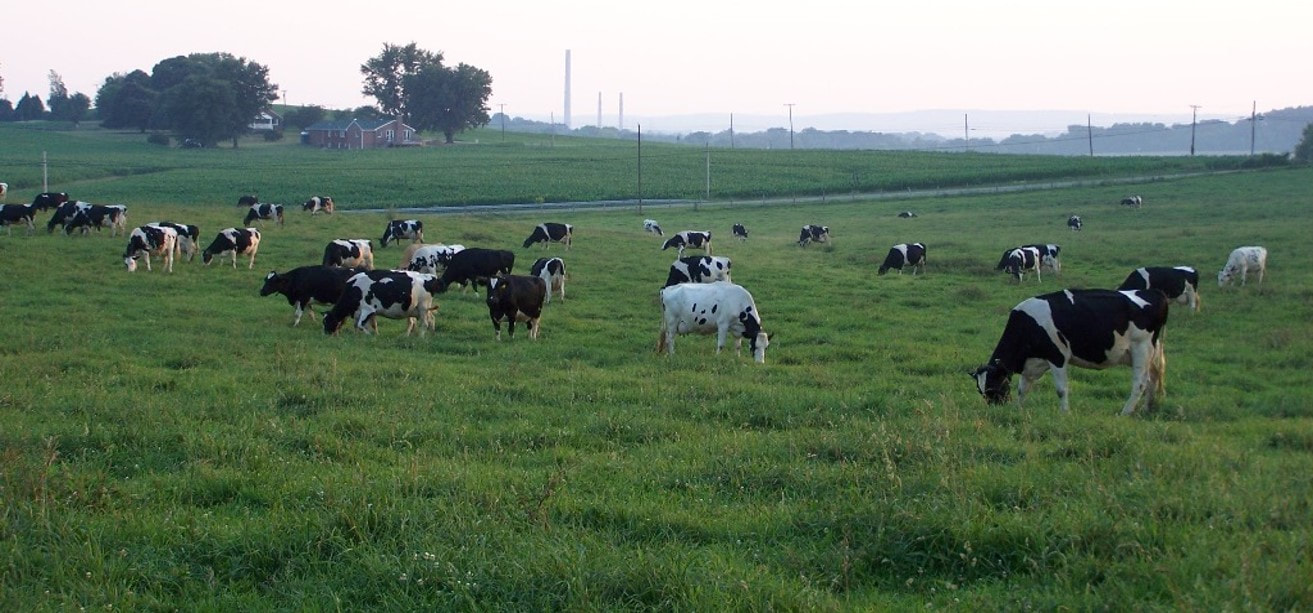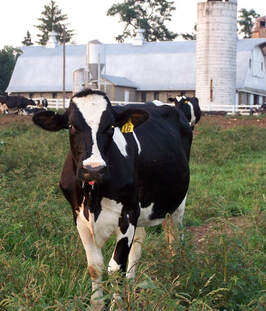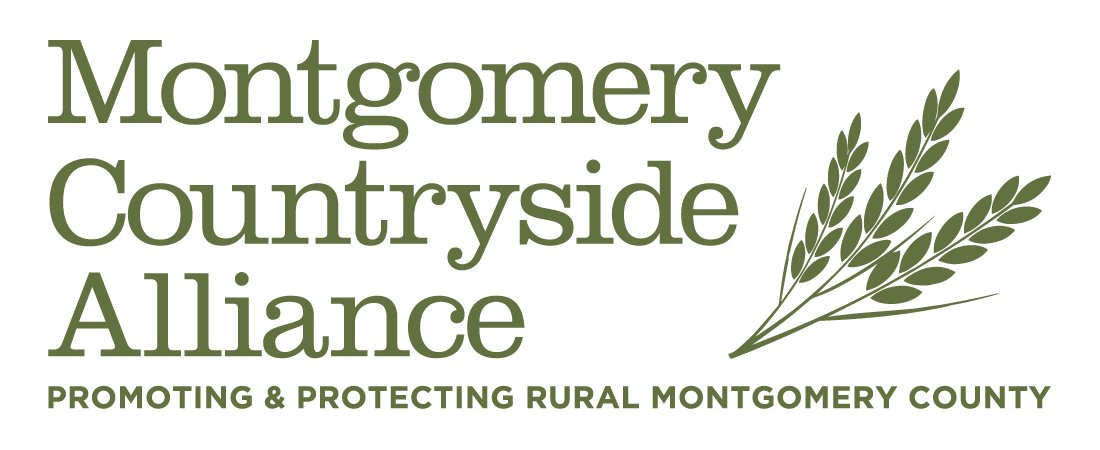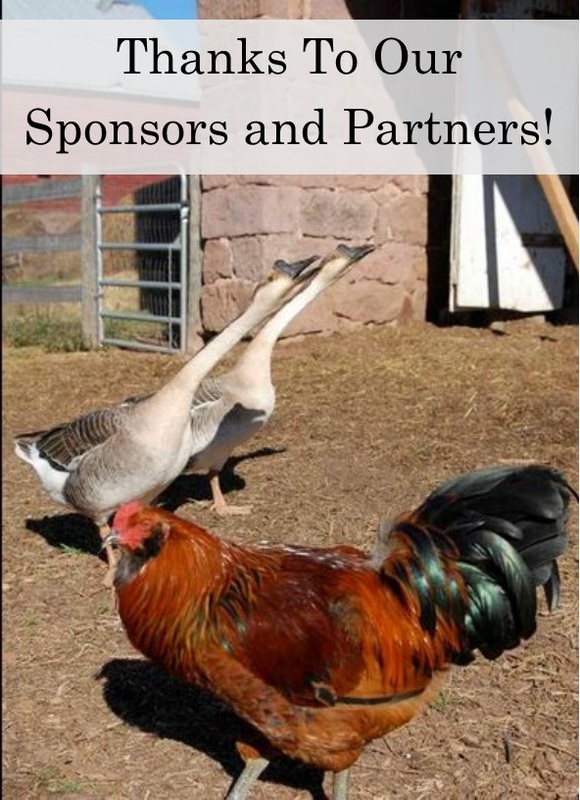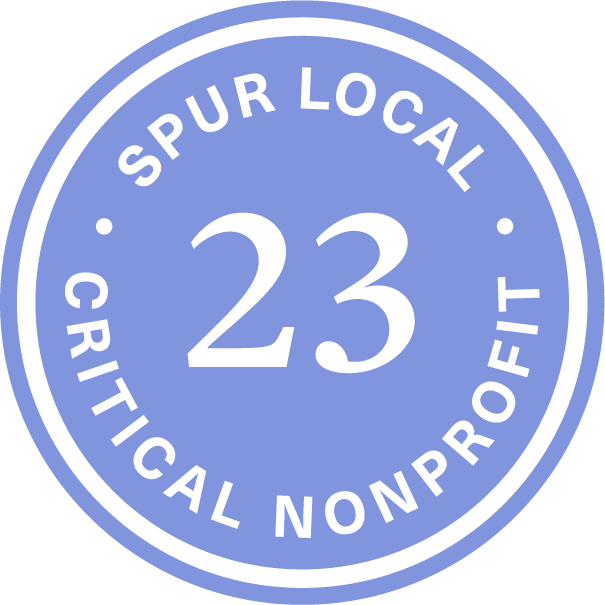The products from grass-fed operations have a number of benefits for the consumer, the animal's health, the farmer and our shared environment:
| The Consumer (You): Grassfed meat, dairy and eggs have higher Omega 3s, grassfed meats are more flavorful but lower in calories and fat (and in fact have slightly different cooking methods as a result). The Animals: Animals raised on pasture have a lower risk of carrying e. coli bacteria. Grazing and foraging is more nutritious for livestock. |
Our shared water, air and climate: Properly managed pastures with deep rooted vegetation growing year round keep soil in place, preventing runoff that degrades water quality and locks carbon in the soil. Rotational grazing is a key tenant of regenerative agriculture - a collection of farming practices that taken together are a powerful climate, water quality and farm profitability solution that has been gaining adherents in the past few years.
Laurie explains why their farm is grassfed, "raising cattle on a grassfed diet is good for us and good for the planet. Cattle eat grass that we as humans cannot digest and turn it into high quality protein for our own diets. In addition to grass, our cattle are supplemented with distillers grains that we receive from a local distiller, which is a great way to recycle, and not waste, a byproduct of this process."
| Savage Acres beef, pork, chicken and heritage blue corn flour can be ordered online for farm pickup or close by delivery or they can be found at the Farm Market in Poolesville (10-3 on Saturdays at the Town Commons). |

